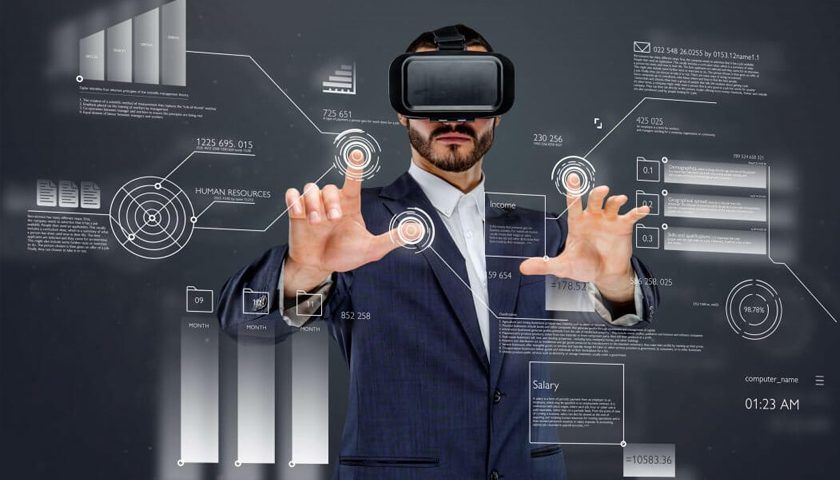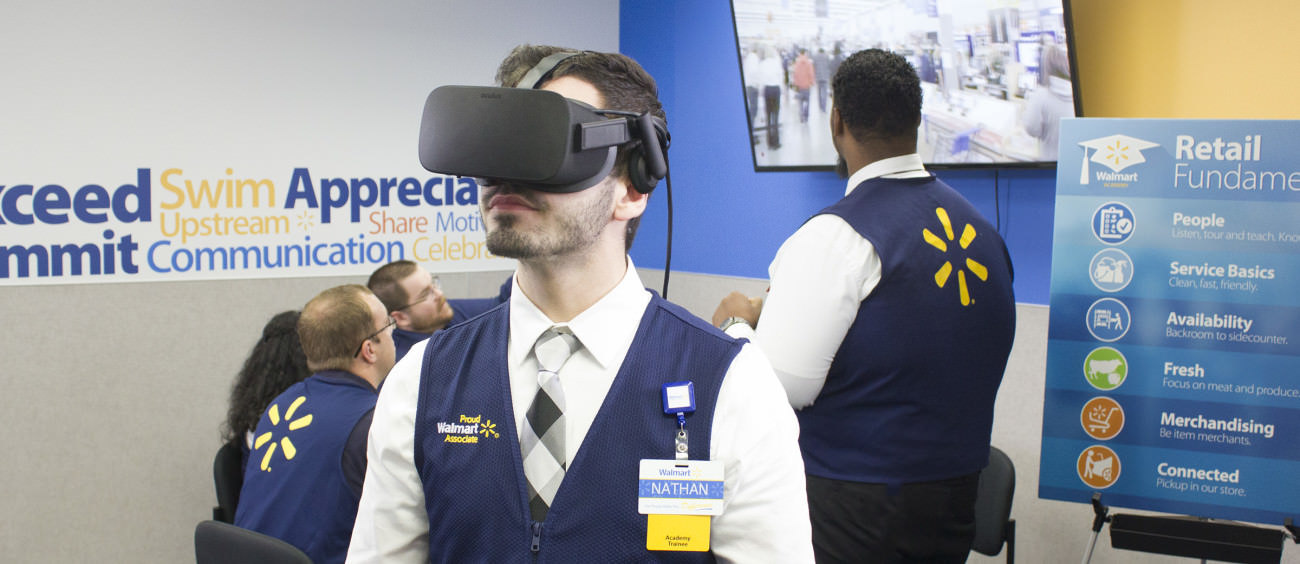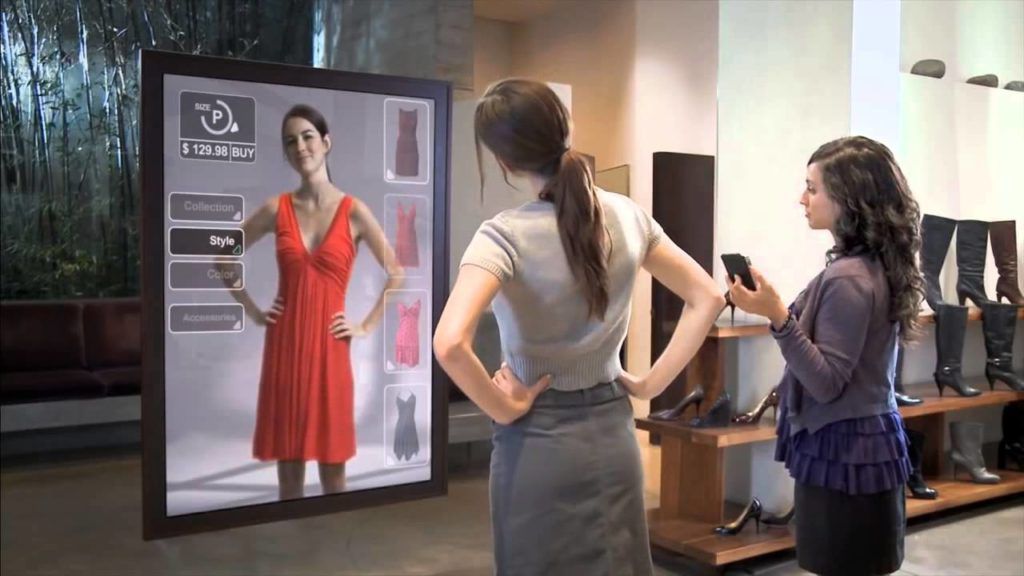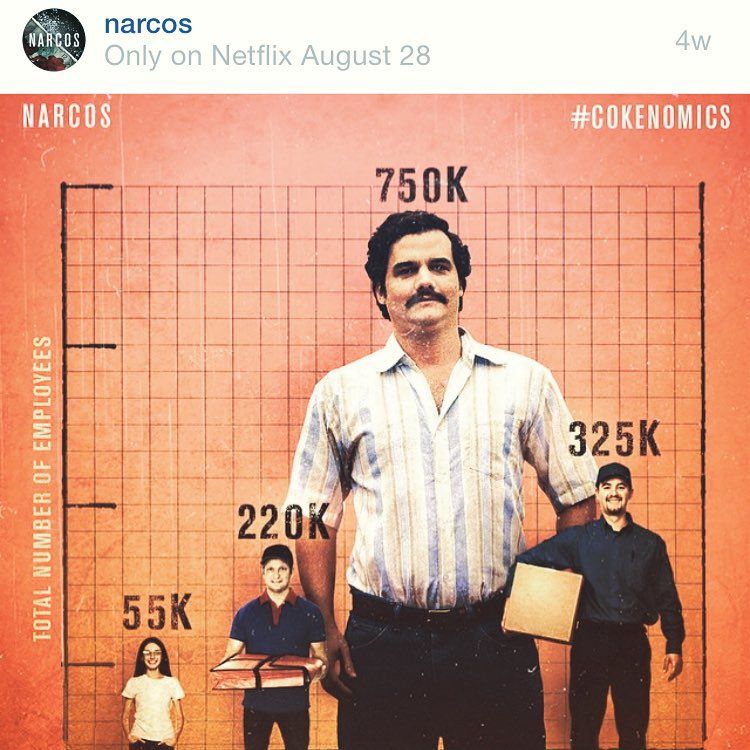
Which technology to choose between virtual reality and augmented reality for a professional application?
Crédits photos : Vertex VR
Technological advancements have brought a revolution in almost every life sector. The overall virtual reality market is estimated to be $30.7 billion. China and America are the largest investors in this market.
The rapid usage and penetration of technologies are visible in human life. But does it create an effect on the business sector? Which technology is better to be used for business AR or VR? Many others are searching for answers to these questions.
AR or VR: Aren’t They Same?
It is estimated that by the end of 2030, AR and VR will create 23 million job opportunities. But aren’t they the same? Many people believe that AR and VR are different names of similar technology. But there is a core difference between the technologies.
AR and VR work in different directions, performing diverse functions. VR creates an artificial environment around human; whereas, AR increases the reality element in a pre-existing natural scene. AR can create different elements that are not present in reality, like animated cartoon characters. Contrary to AR, VR can create the whole scene from scratch and different characters, like video games.
AR vs VR Usage
Based on the functions and speciality of each technology, their usages are distinct. According to AR expert Michael Campbell, the best usage of AR is in industrial units.
He explains that AR technology can be best used by industries facing a labor shortage. AR can provide virtual training and practical experience to labors. It is more effective than written manuals and verbal training. For instance, Honeywell uses an AR headset to train new labors. They record the daily work routine of veteran labors and use it to train new ones.
Contrary to AR, VR is best used for creating illusions. It can be used to create 3D elements, training, and virtual tours. For instance, Johnsons and Johnsons develop VR program to train nurses and doctors. Similarly, Walmart uses it to train its employees for natural disasters.

How is VR better than AR?
The debate of VR and AR superiority over each other is long being in the headlines. These technologies have divided tech experts into two halves. Let’s discuss the significance of VR over AR in the business sector.
1. It Supports Try Before You Buy Concept
Almost 19% of the youngsters have tried VR in different apparel stores. The technology has completely revolutionized the concept of trial and wears before purchasing.
VR can detect voluntary motor actions and execute them based on the predicted state. This technology enables to create of an illusion and virtual image.

There are smart mirrors and screens which create a virtual image of the customer, enabling them to try different apparels on them.
VR is also used to create a virtual image of the consumer’s thought, and these thoughts can be a tour by consumers. This convenience is absent in AR, as it requires existing natural elements to create an imaginary object.
2. It facilitates with different Degree of Freedom
The Degree of Freedom (DoF) can be defined as different aspects from which a stagnant object can move within 3D space. In simpler words, it is the freedom of humans to move in a VR environment.
The VR technology enables users to look in 6 dimensions. These dimensions are; left, right, up, down, pivot left, and pivot right. The interaction between human and VR can be controlled by laser pointer and gaze control.
Industries are using it on a larger scale to provide virtual tours to their customers. Small scale industrial units have to struggle with training their employees, as it costs them a fortune.

These organizations are now using VR headsets to train their employees and save on the cost of manual training. The VR training is 70% more effective, contrary to another training type.
3. It Provides Data Visualization
The modern world is working on data. But these entire data mean nothing if they can’t be understood. The VR has provided a convenient way of communicating the collected data.

Organizations are using these virtual data in multiple manners. Small scale businesses are using it in contracting and alliancing with other business.
On the contrary, large scale business is using it for promoting their brand. See the following illustration in which Netflix has used virtual data to promote their series.
4. It Creates Attractive Content
Photos and advertisements are long being used to promote products. But now VR is being used for promotions. In real estate businesses, VR is used for a virtual tour of the project.
VR is immersive and can show multiple dimensions of the project. This supports the imagination of the project and increases the potential of sales. It is also being used for reaching out to different targeted segments.
The VR provides attractive content that attracts a larger segment. Technology has brought about a change in the advertisement industry. However, AR can also be used in ads, but it cannot create that much effectiveness. See the following ad of AT&T in which VR was used.
VR for Business
It is difficult to rank one technology over another. However, from a business perspective, VR is adequate to be used. The first reason is the financial impact it creates. Using VR for training employees reduces the cost of hiring a trainer.
If they are used in advertisements, the destruction of valuable material is minimized. Other than that, it can also be used for providing virtual tours of real estate projects. This increases the potential chances of the client’s purchase. Therefore, VR is largely supported and adopted by businesses and e-commerce site as well.


